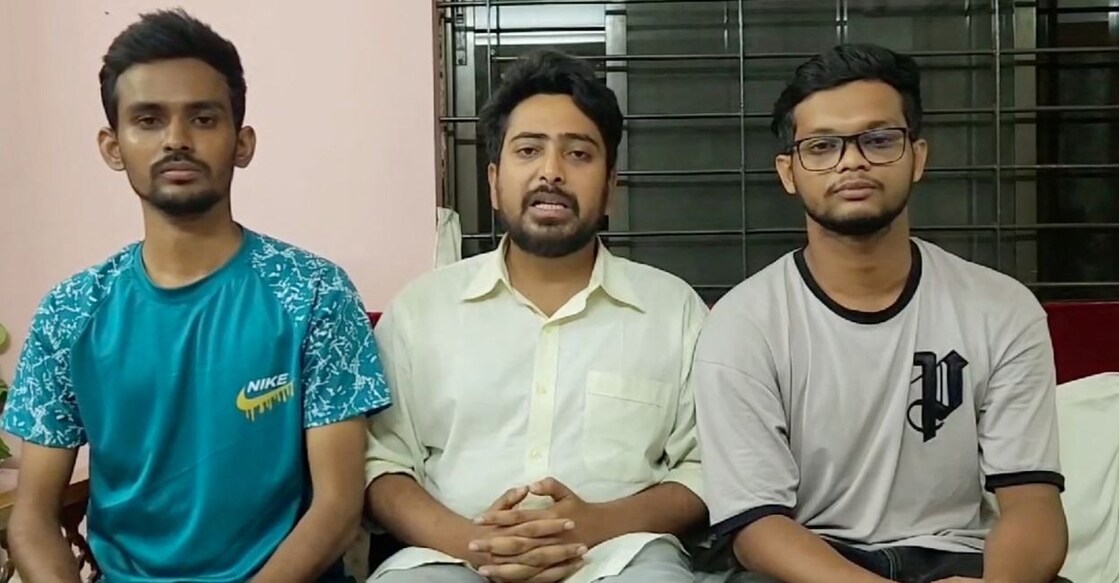Bangladesh turmoil: President dissolves parliament

Mail This Article
Dhaka: Bangladesh's parliament was dissolved on Tuesday, the president's office said in a statement, a day after Prime Minister Sheikh Hasina resigned and fled the country following violent protests demanding her ouster.
The announcement came hours after protesting student leaders set a deadline to dissolve parliament and warned a "strict programme" would be launched if their deadline is not met.
Earlier today, Nahid Islam, one of the key organisers of the movement against Hasina, stated in a video on Facebook with two other student leaders that parliament should be dissolved by 3 pm (0900 GMT) on Tuesday and urged "revolutionary students to be ready" if that did not happen.
Bangladesh's army chief General Waker-Uz-Zaman was due to meet student leaders at 0600 GMT to discuss the formation of an interim government that is expected to hold elections soon after it takes over.
Zaman announced Hasina's resignation on Monday following days of protests led by students since last month against quotas in government jobs that morphed into a broad campaign seeking Hasina's ouster.

About 300 people were killed and thousands injured in clashes that ripped through the country, some of the worst violence in Bangladesh since its 1971 war of independence from Pakistan.
Earlier on Tuesday, some normalcy returned to the capital Dhaka, although traffic was lighter than usual and few schools reopened with thin attendance after closing down in mid-July after the protests.
The student leaders said they want Nobel Peace laureate Muhammad Yunus as the chief adviser to the interim government and a spokesperson for Yunus said he has agreed to their demand.
"Any government other than the one we recommended would not be accepted," Islam had said in a video message earlier, adding, "We wouldn't accept any army-supported or army-led government."
Yunus, 84, and his Grameen Bank won the 2006 Nobel Peace Prize for work to lift millions out of poverty by granting tiny loans of under $100 to the rural poor of Bangladesh but he was indicted by a court in June on charges of embezzlement that he denied.
He told Indian broadcaster Times Now in a recorded interview that Monday marked the "second liberation day" for Bangladesh after its 1971 war of independence from Pakistan.
But he said Bangladeshis were angry with neighbour India for allowing Hasina to land there after fleeing Dhaka. "India is our best friend...people are angry at India because you are supporting the person who destroyed our lives," Yunus said.
Hasina landed at a military airfield at Hindon near Delhi on Monday after leaving Dhaka, two Indian government officials told Reuters, adding that India's National Security Adviser Ajit Doval met her there. They did not elaborate on her stay or plans.
India's Foreign Minister Subrahmanyam Jaishankar addressed a closed-door all-party meeting on Tuesday morning about the crisis in Bangladesh and he was due to speak in parliament later in the day.

